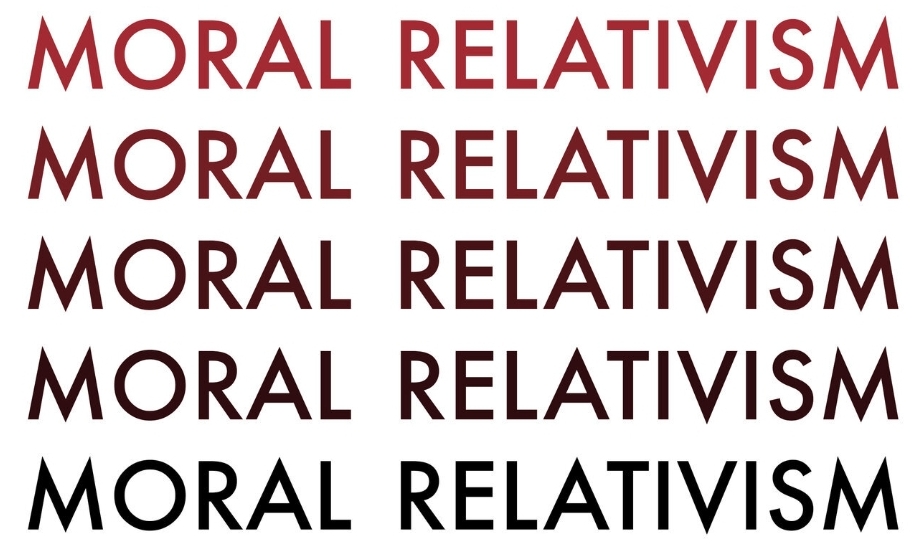A moral relativist is someone who believes that moral values and judgments are not absolute but instead vary depending on culture, society, or individual perspectives. In other words, they hold that what is considered morally right or wrong is subjective and can differ based on the context in which it is evaluated.
Key Aspects of Moral Relativism:
- Cultural Relativism:
- This form of moral relativism suggests that morality is shaped by cultural norms and practices. What one society deems morally acceptable may be considered wrong by another, but neither can be universally judged as right or wrong. For example, practices like polygamy or the role of women in society can differ greatly between cultures, and moral relativists would argue that these differences should be respected as part of cultural diversity.
- Individual Relativism:
- This viewpoint holds that moral judgments can vary from person to person, with each individual creating their own moral framework based on their experiences, beliefs, and preferences. In this view, morality is a personal choice, and one person’s morality is not necessarily binding on others.
- No Universal Moral Truths:
- Unlike moral absolutists, who believe in objective and universal moral principles that apply to all situations and people, moral relativists argue that there are no fixed or universal moral truths. What is right or wrong is determined by particular social, cultural, or individual contexts, making morality fluid and adaptable.
- Toleration and Flexibility:
- Moral relativism often emphasizes tolerance and openness to different ways of life. It suggests that we should not judge other cultures or individuals by our own moral standards, as these standards are themselves subjective. This approach promotes cultural understanding and coexistence but can be criticized for potentially excusing harmful practices or behaviors.
Examples of Moral Relativism:
- Cultural Practices: Certain behaviors like arranged marriages or ritual sacrifices might be accepted in one culture but condemned in another. A moral relativist would argue that these practices should be understood within their cultural context rather than being judged by external standards.
- Personal Beliefs: Someone who believes in moral relativism might think that issues such as abortion, capital punishment, or drug use are matters of personal or societal opinion, and that there is no single “correct” moral stance on these issues.
Criticisms of Moral Relativism:
- Moral Confusion and Inconsistency:
- Critics argue that moral relativism can lead to confusion or a lack of moral guidance, as it allows for any behavior to be justified within the right context. This makes it difficult to condemn actions like human rights abuses or exploitation if moral standards are completely relative.
- Moral Progress:
- Critics also point out that moral relativism makes it hard to explain moral progress. If morality is entirely relative, then advancements like the abolition of slavery or the extension of civil rights are difficult to praise, as they imply that previous moral systems were wrong.
- Potential Justification for Harmful Practices:
- Moral relativism can also be criticized for tolerating practices that are harmful or oppressive. For example, a strict moral relativist might hesitate to condemn practices like female genital mutilation or child labor if they are culturally accepted in certain societies, leading to moral dilemmas about when to intervene.
Summary:
A moral relativist believes that moral judgments and values are shaped by cultural, societal, or individual contexts, and that no single set of moral principles can be applied universally. While this approach promotes tolerance and cultural understanding, it is often criticized for leading to moral ambiguity and making it difficult to address harmful practices.






